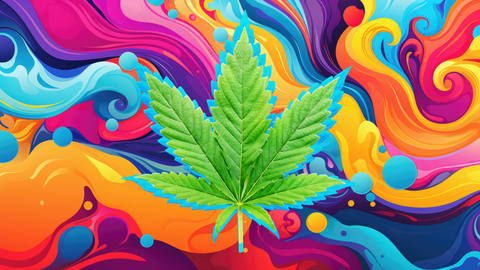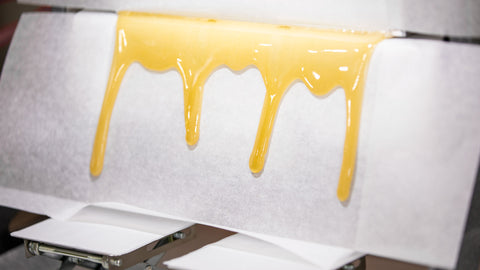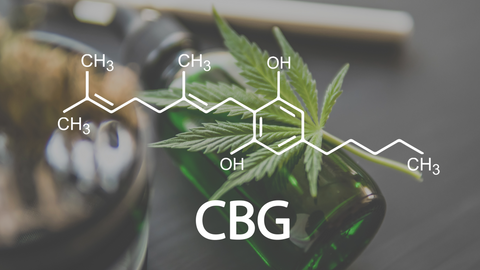Cannabis, a plant with a rich history and a complex profile, has long fascinated both the scientific community and the general public. Its unique ability to act as a stimulant, depressant, and psychedelic makes it a plant of many faces, catering to various needs and experiences. This versatility is key to understanding its widespread use and the growing interest in its therapeutic potentials.
[These statements are not medical advice and have not been evaluated by the FDA]
Cannabis as a Stimulant
When discussing cannabis as a stimulant, it's essential to focus on how it can elevate mood, increase alertness, and enhance energy levels. These effects are primarily linked to THC (Tetrahydrocannabinol), the plant's most active psychoactive compound. Upon consumption, THC interacts with the brain's endocannabinoid system, stimulating regions responsible for arousal and energy. This interaction can lead to increased heart rate, improved mood, and a sense of euphoria, making cannabis an effective stimulant for some users.
Stimulant Properties:
- Enhanced alertness and cognitive function.
- Increased energy and heart rate.
- Euphoric and uplifting effects.
Cannabis as a Depressant
Paradoxically, cannabis also exhibits properties of a depressant. This aspect is critical in understanding its calming and relaxing effects. CBD (Cannabidiol), another significant cannabinoid in cannabis, plays a vital role in these effects. Unlike THC, CBD does not produce psychoactive effects but is known for its therapeutic qualities. It can help reduce anxiety, promote muscle relaxation, and improve sleep quality, making cannabis a go-to option for those seeking relief from stress and tension.
Depressant Attributes:
- Anxiety and stress reduction.
- Muscle relaxation and pain relief.
- Improved sleep quality and calmness.
Cannabis as a Psychedelic
The psychedelic properties of cannabis, though less pronounced than its stimulant and depressant effects, are noteworthy. High doses of THC can induce mild psychedelic experiences, including altered perception of time and space, heightened sensory awareness, and introspective insights. These effects, while not as intense as those of classic psychedelics, provide a unique experience that contributes to the plant's multifaceted nature.
Psychedelic Effects:
- Altered sensory and temporal perception.
- Enhanced visual and auditory experiences.
- Introspective and reflective states of mind.
Understanding the Complex Nature of Cannabis
The categorization of cannabis as a stimulant, depressant, and psychedelic is a testament to its complexity. The effects of cannabis are not one-dimensional; they vary significantly based on factors such as the strain, THC/CBD ratio, dosage, and individual physiology. This multifaceted nature is what makes cannabis a subject of continuous research and growing interest, especially in the realms of recreational use and medicinal applications.
Conclusion
Cannabis stands out as a unique plant capable of producing a range of effects from stimulating to relaxing, and even mildly psychedelic. This versatility is crucial for users to understand, whether they are consuming cannabis for recreational purposes or utilizing it for its therapeutic benefits. By recognizing and respecting the diverse effects of cannabis, users can better tailor their experiences and expectations, leading to safer and more effective use.
In conclusion, the multifaceted nature of cannabis as a stimulant, depressant, and psychedelic offers a fascinating glimpse into the complex interactions between this plant and the human body. Understanding these diverse effects is essential for both recreational and medicinal users, guiding them towards a more informed and beneficial use of cannabis.




Comments (0)
There are no comments for this article. Be the first one to leave a message!